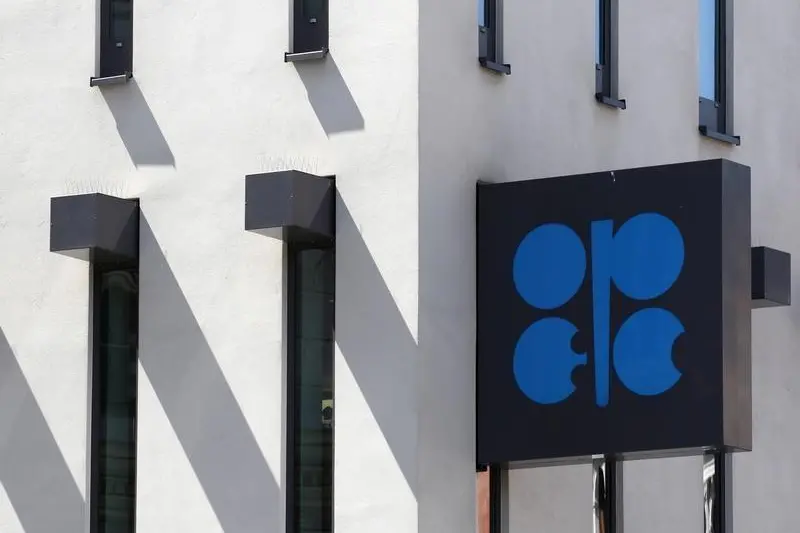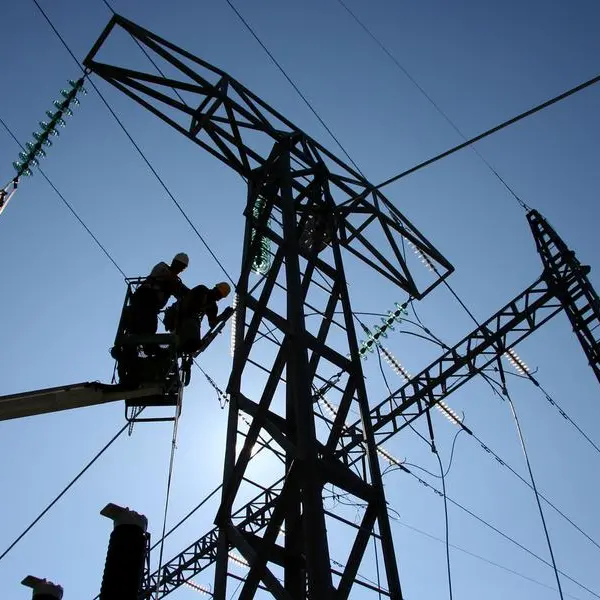PHOTO
LONDON - OPEC oil output rose in December, a Reuters survey found on Wednesday, despite an agreement by the wider OPEC+ alliance to cut production targets to support the market.
The Organization of the Petroleum Exporting Countries (OPEC) pumped 29.0 million barrels per day (bpd) last month, the survey found, up 120,000 bpd from November. In September, OPEC output had been its highest since 2020.
December's rise was led by recovering output in Nigeria, which has been battling for months with crude theft and insecurity in its oil-producing region.
Many Nigerian crude streams produced more in December, sources in the survey said, with some companies citing improving security.
OPEC+ had been boosting output for most of 2022 as demand recovered. For November, with oil prices weakening, the group made its largest cut to production targets since the early days of the COVID-19 pandemic in 2020.
Its decision from November called for a 2 million bpd cut to the OPEC+ output target, of which about 1.27 million bpd was meant to come from the 10 participating OPEC countries. The same target applied in December.
With the rebound in Nigerian output in December, compliance with the agreement weakened slightly to 161% of pledged cuts, according to the survey, down from 163% in November.
Output is still undershooting targeted amounts because many producers - notably Nigeria and Angola - lack the capacity to pump at the agreed levels.
The 10 OPEC members required to cut production pumped 780,000 bpd below the group's December target, the survey found. The shortfall in November was 800,000 bpd.
NIGERIAN REBOUND
Africa's top exporter pumped 1.35 million bpd in December, up from 1.18 million bpd the previous month, the survey found. Shipments increased from oil streams including Forcados and Brass River, sources in the survey said.
Nigeria is aiming to lift output to 1.6 million bpd this quarter, the country's finance minister said last month, in what would be a remarkable recovery if achieved.
OPEC's Gulf producers complied relatively closely with their output targets under the OPEC+ agreement, the survey found. Saudi Arabia curbed output slightly, as did Iraq, and there was little or no change from Kuwait and the United Arab Emirates.
Among Libya, Iran and Venezuela, the three producers exempt from OPEC cuts, only Venezuela's output showed any notable change, with some tanker trackers seeing lower exports.
The Reuters survey aims to track supply to the market. It is based on shipping data provided by external sources, Refinitiv Eikon flows data, information from tanker trackers such as Petro-Logistics and information provided by sources at oil companies, OPEC and consultants.
(Reporting by Alex Lawler Additional reporting by Ahmad Ghaddar Editing by Emelia Sithole-Matarise and David Goodman)





















